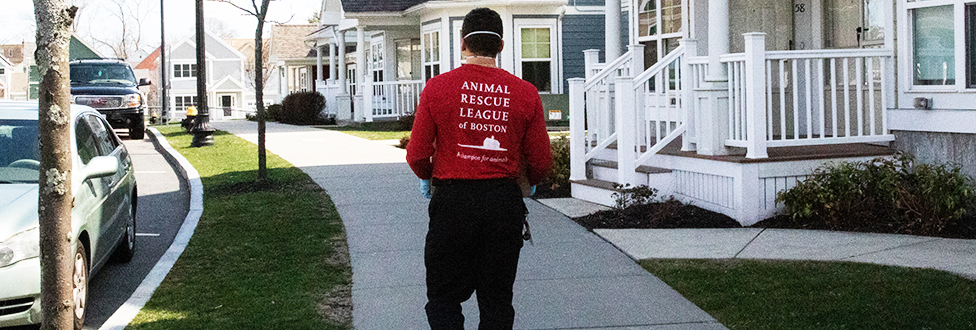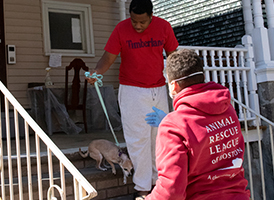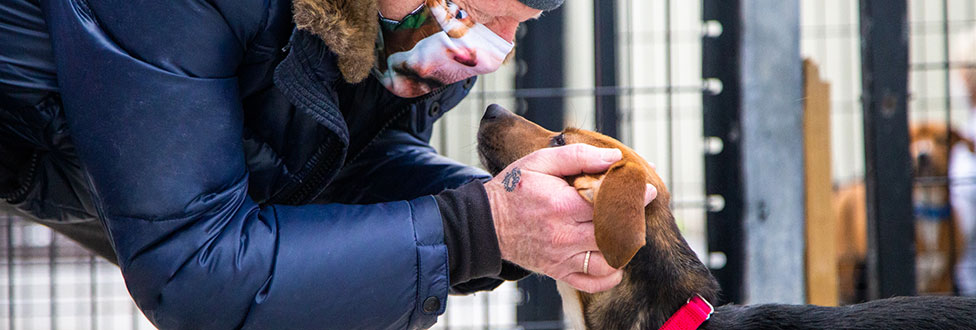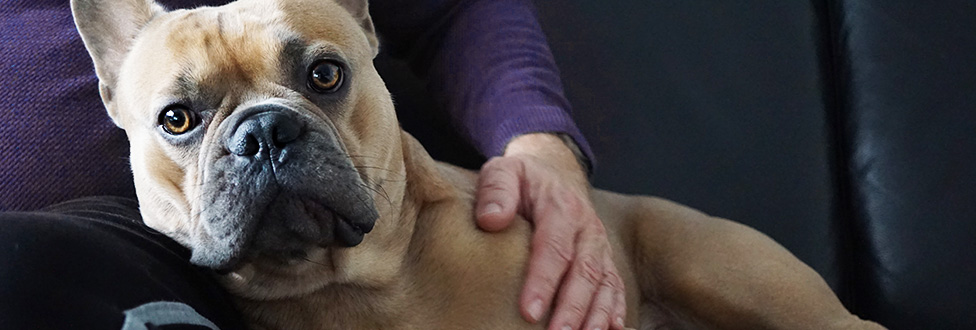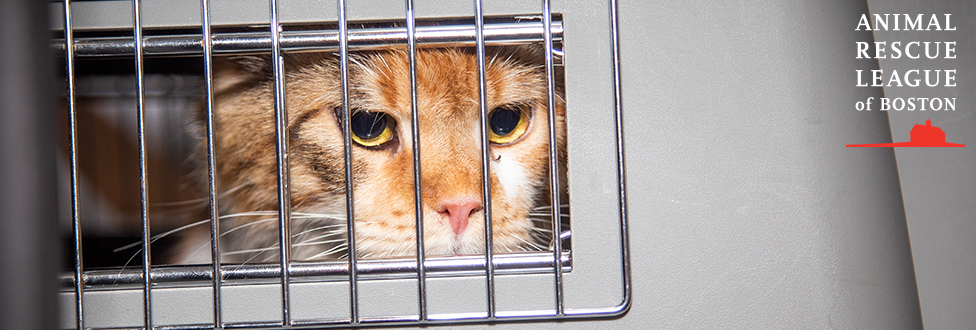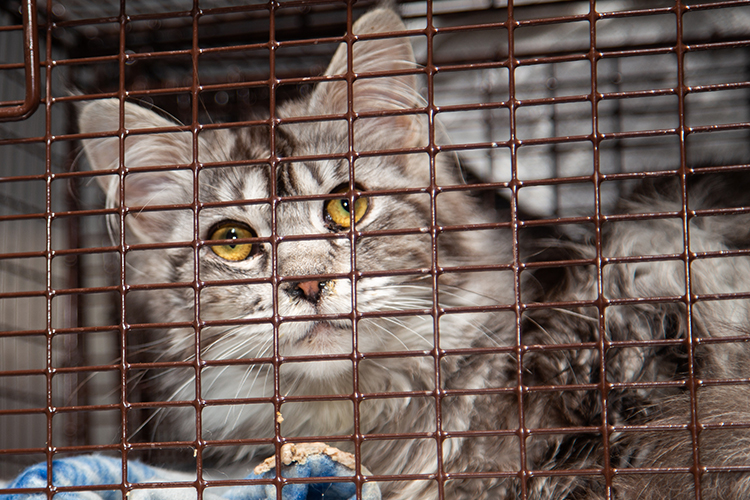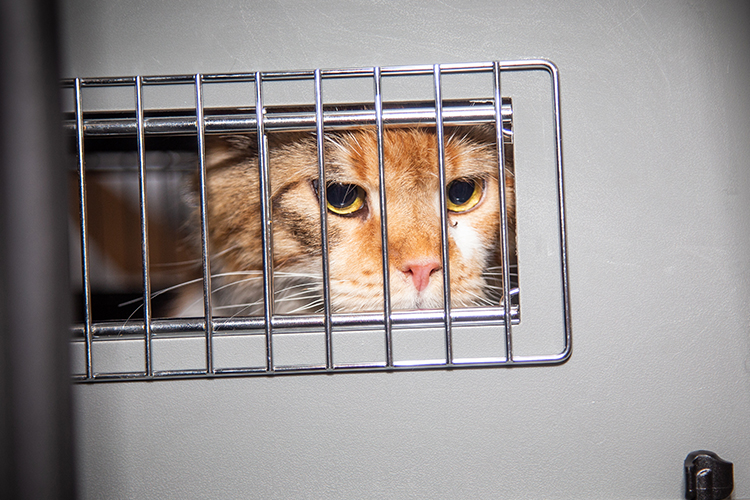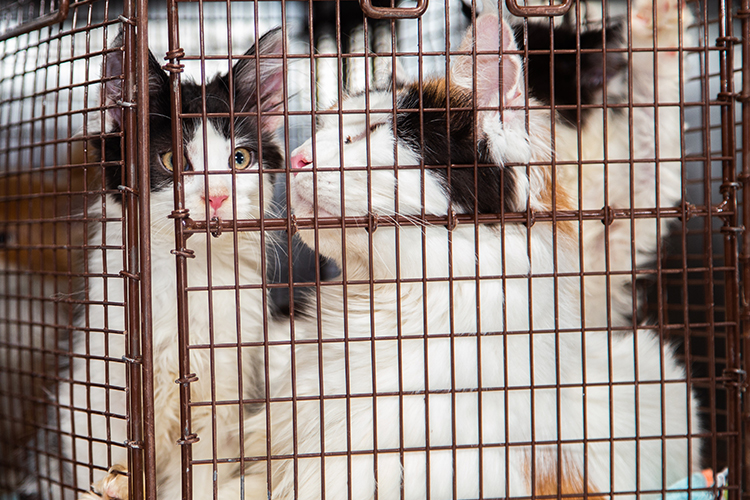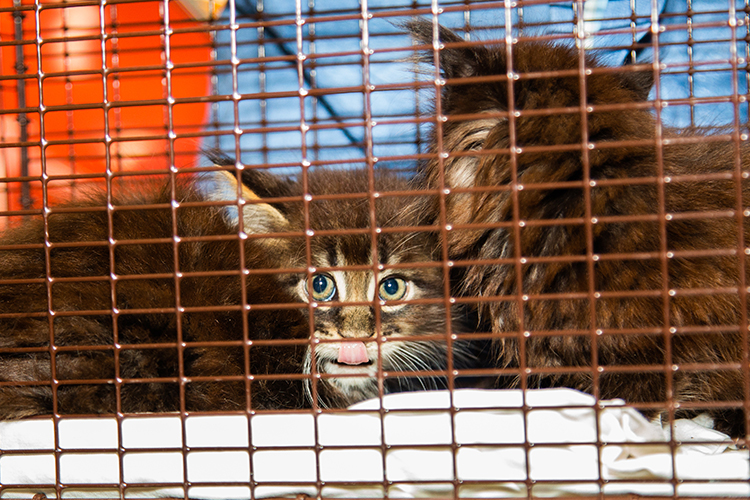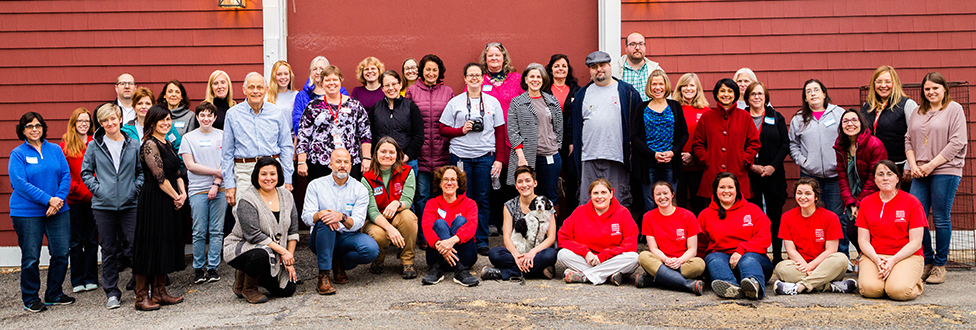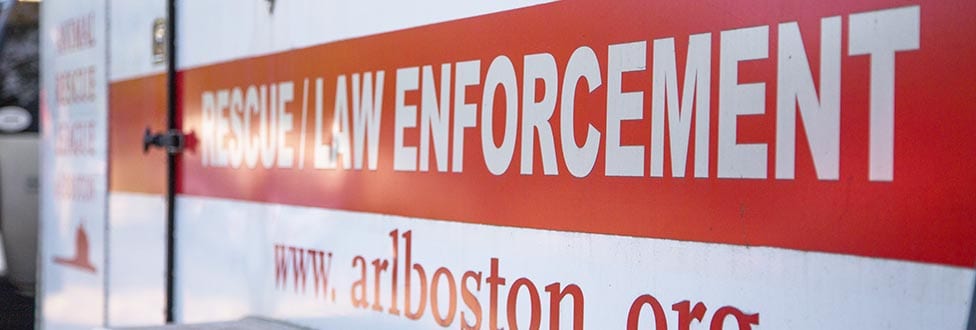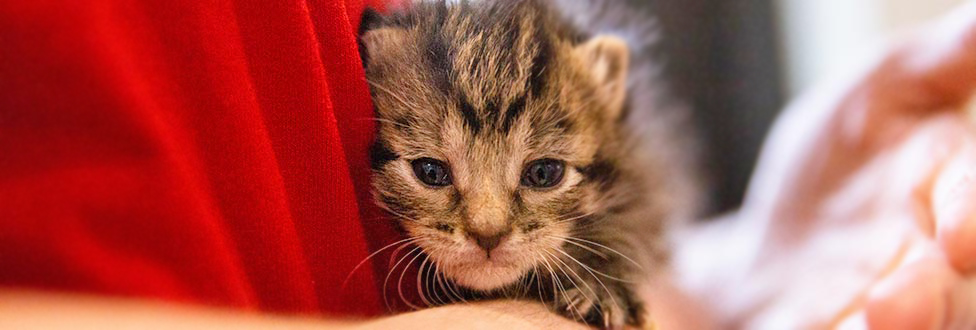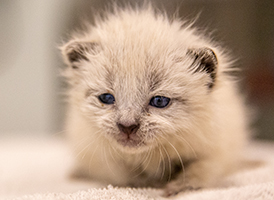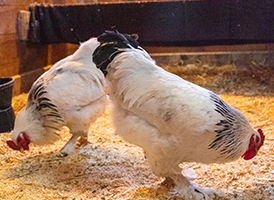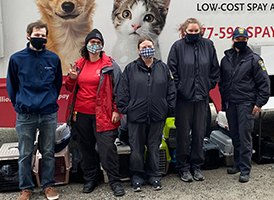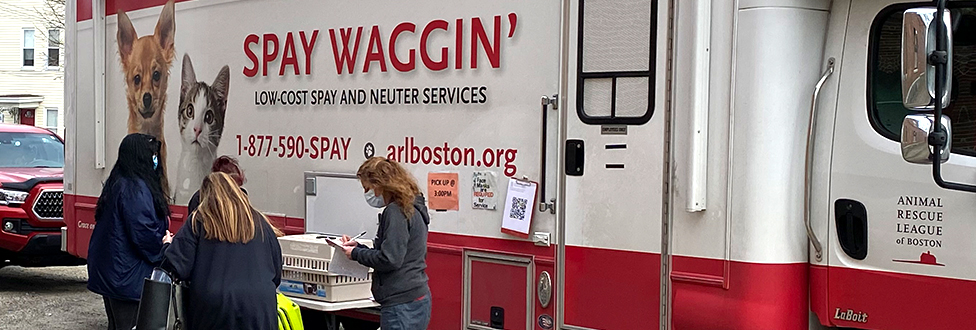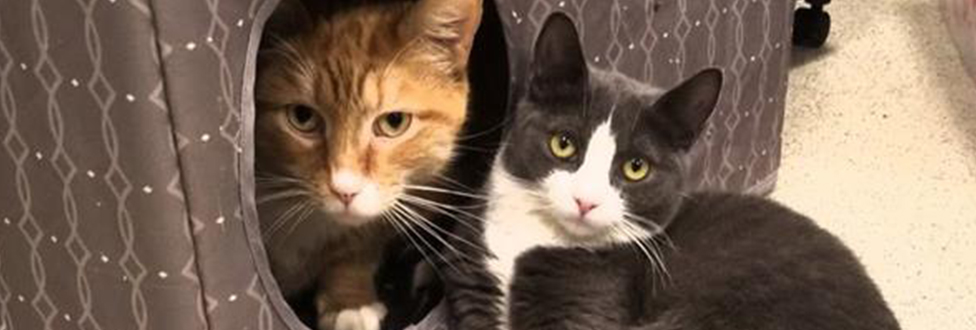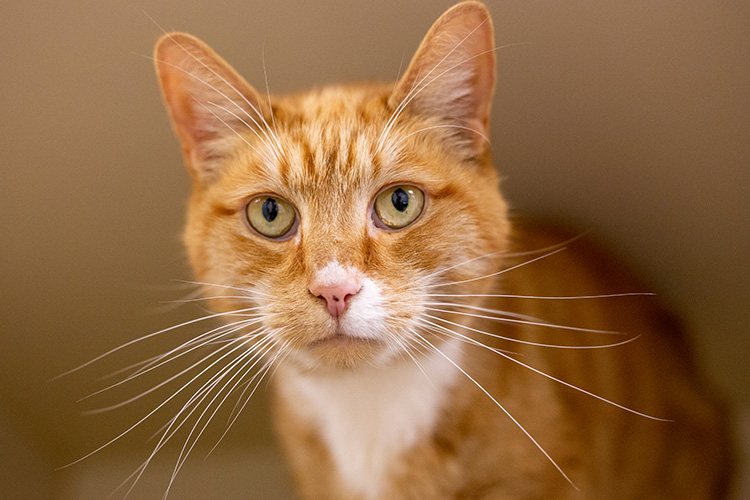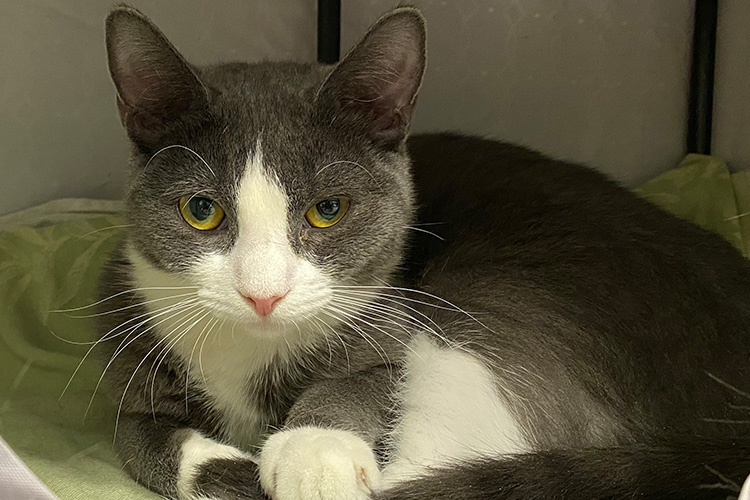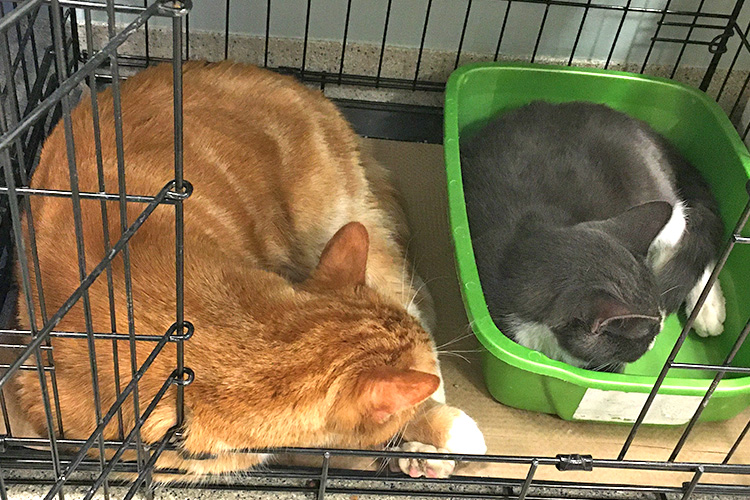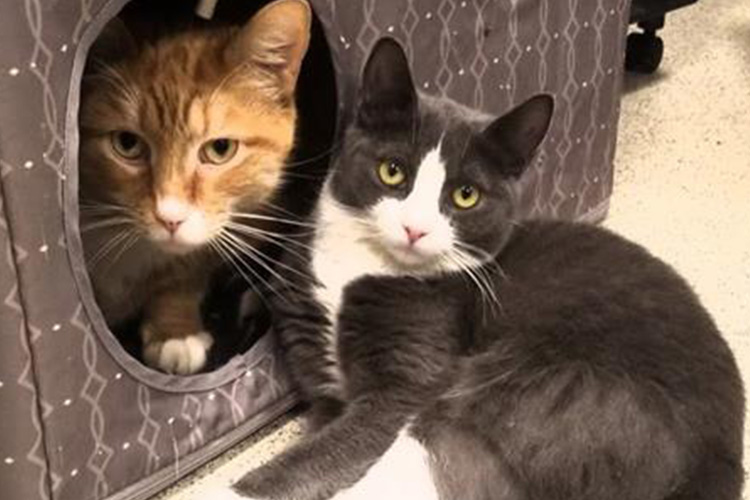ARL Covid-19-Related Community Programs Continuing
Programs to continue as needed
The Animal Rescue League of Boston (ARL) is marking the one-year anniversary of its S.A.F.E. (Serving Animals Facing Emergencies) program this month, which was created out of direct need following the initial surge of Covid-19 in Massachusetts.
Keeping pets and people together is more important than ever, and the S.A.F.E. programs makes this possible by providing critical services to pet owners in the Greater Boston community.
The S.A.F.E. program utilized ARL’s Field Services Department’s fleet of vehicles to: transport animals to critical veterinary care visits on the Wellness Waggin’ (located on the Dedham Campus); deliver pet food and supplies to families in need; and provide pick-up services for animals in need of temporary housing or urgent surrender due to the pandemic.
In 2020, nearly 1,000 activities were completed with 620 animals receiving pet food and supplies, and 320 animals being transported for critical veterinary care.
A number of animals were taken in for temporary shelter, and ARL also received pets requiring emergency surrender.
Additionally, as many residents have continued to struggle financially and with Massachusetts eviction moratorium expiring in October 2020, ARL prepared for the very real possibility of countless families with pets losing their homes.
In late October, ARL unveiled its Temporary Pet Housing Initiative.
The initiative offers temporary pet housing for those who may be experiencing housing instability or may be at imminent risk of homelessness. This is an imperative service for individuals facing eviction due to the COVID-19 pandemic.
The initiative is open to any eligible pet owner in Massachusetts, and once eligibility is determined, the animals are able to stay within ARL’s foster care network for up to 120 days.
Since its inception, ARL has accepted nearly 200 additional foster families!
Both the S.A.F.E. program and the Temporary Housing Initiative continue to serve people and pets in need and will continue for as long as the services are needed to keep pets and pets together.

